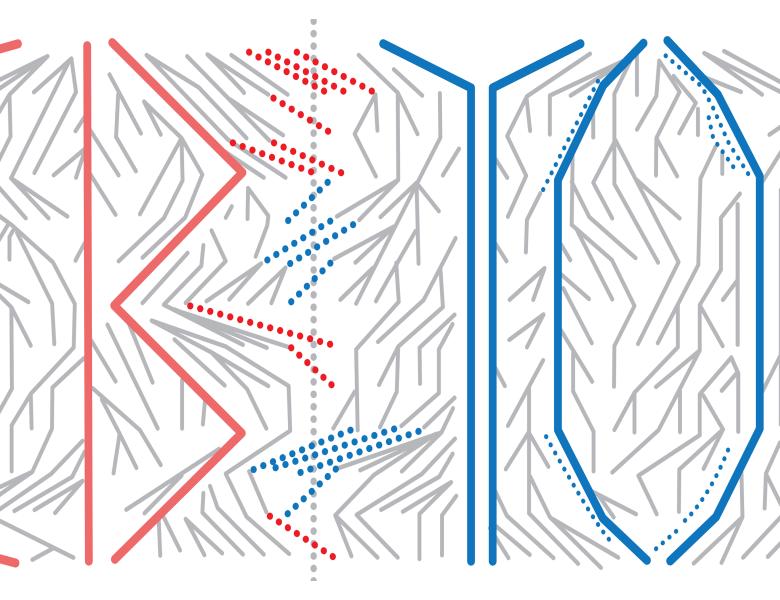The mutations that drive adaptive evolution under natural selection are not accidental (and not Lamarckian)
Traditional evolutionary theory is based at its core on the ideas of accidental mutation, random genetic drift, and natural selection acting on single alleles. In this talk I will argue that the mutations that drive adaptive evolution, while not Lamarckian, or directed to increase fitness, are not the result of accidents but rather the result of complex and continually evolving biological processes in the germline that combine information from multiple loci into one. This biological "writing" of mutations allows selection acting on genetic interactions to have hereditary effects and thus be at the core of the adaptive evolutionary process. This view of mutation as an event of computation and information transmission offers to address fundamental problems in evolutionary theory from a unifying perspective, including the role of sex in evolution, the evolution of genetic interactions, the empirical nature of mutation, and more. It brings the computational world view into the heart of evolutionary theory.
